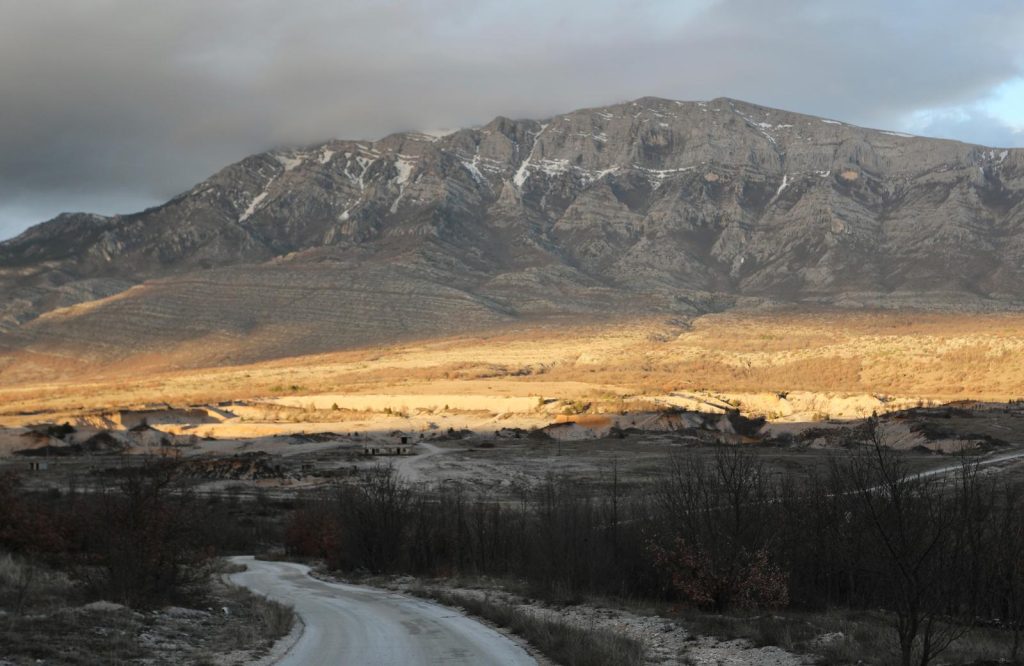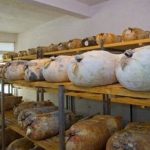On 5 February, the Croatian parliament unanimously adopted a law declaring Mount Dinara the 12th nature park in Croatia. The nature park encompasses Croatia’s section of Mount Dinara as well as Mt Troglav and Mt Kamešnica, the upper course of the Cetina River and the Hrvatačko, Paško, and Vrličko karst fields. It extends over two counties – Split-Dalmatia and Šibenik-Knin — measuring almost 63,000 hectares in area. Dinara is part of the Dinaric Alps, also commonly known as the Dinarides, a mountain range in Southern and Southeastern Europe.
On 15 September, UNESCO’s international coordinating council designated the transboundary biosphere reserve which stretches along the Drava, Mura, and Danube Rivers as the first biosphere reserve extending through five countries: Austria, Slovenia, Croatia, Hungary, and Serbia. The Mura, Drava, and Danube Rivers form a 700-kilometer-long green belt, also known as the Amazon of Europe, connecting almost a million hectares of unique terrain with significant natural and cultural heritage, becoming the first five-country biosphere reserve in the world.
Legislative activities in environment protection
In July, the Croatian parliament passed a law banning the use of plastic carrier bags that are between 15 and 50 microns thick as of 1 January 2022, while other types of plastic bags will be phased out in the coming period.
A project aimed at better management of plastic waste has begun, and the first comprehensive national statistical survey on food waste was conducted.
The Ministry of Economy and Sustainable Development said that a strong positive trend of waste separation, collection, and recycling continued.
The waste sorting rate in 2020 was 41%, rising by 15 percentage points since 2016. Of the total municipal waste, 56% was landfilled and 34% recovered, which is an increase of 13 percentage points compared with 2016.
Prelog among best towns in Europe in sustainable waste management, Šibenik builds Bikarac waste management plant
In mid-December, the Zero Waste Europe network published new best sustainable waste management practices in Europe, including those in the northern Croatian town of Prelog and 11 neighboring municipalities.
Prelog, the first Croatian town to adopt a zero-waste strategy, and 11 neighboring municipalities (Belica, Donja Dubrava, Donji Vidovec, Sveta Marija, Goričan, Donji Kraljevec, Kotoriba, Dekanovec, Domašinec, Martijanec, Podturen), improved their result in total waste sorting from 57.25% in 2019 to 65.23% in 2020.
On 21 December, the City of Šibenik’s waste management center began a test run of the HRK 245 million Bikarac waste management plant, with Economy and Sustainable Development Minister Tomislav Ćorić praising Šibenik for setting an example to other cities on how to resolve the issue of waste management. Currently, about 73,000 tonnes of waste is delivered to Bikarac with more than 40,000 tonnes of municipal waste. The capacity of the mechanical-biological plant is to process about 70,000 tonnes of waste a year.
In June, Parliament adopted the national low carbon development strategy until 2030 with an outlook until 2050.
For more, check out our lifestyle section.









